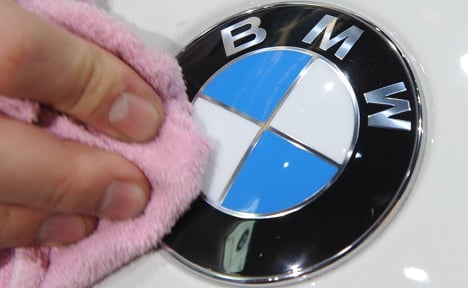The two firms’ top executives will announce in Germany this week that they are boosting a previously announced agreement involving joint research on next-generation lithium ion batteries, the Nikkei business daily said.
The initial tie-up involved technology for electric cars, and the broadened deal will focus on batteries for hybrid gasoline-electric and fuel-cell vehicles, it said.
It marks the first time that Japan’s top automaker will supply its fuel-cell technology, which relies on hydrogen to supply a vehicle’s battery, to a rival, it said.
Toyota did not immediately respond to requests to confirm the report.
BMW, meanwhile, will provide its expertise on light car bodies made from carbon fibre to Toyota, as cutting a car’s weight leads to better fuel efficiency, the Nikkei said.
Under the earlier deal announced last year, the German automaker also agreed to provide diesel engines for Toyota as the Japanese firm looks to boost sales in Europe, where more than half of passenger cars are diesel powered.
Demand for lower-emission diesel vehicles is forecast to grow, with further technological advances in the field seen as crucial due to toughening vehicle emissions standards.
AFP/jcw



 Please whitelist us to continue reading.
Please whitelist us to continue reading.
Member comments